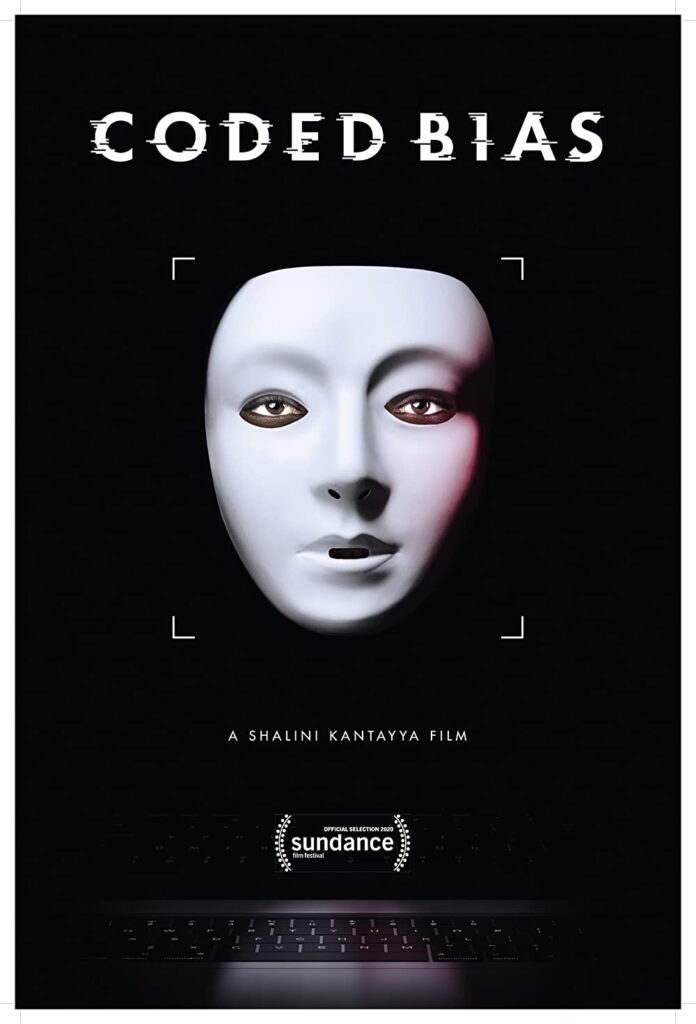
In today’s interconnected world, computer systems play a significant role in shaping our lives. From algorithms that determine what we see on social media to automated decision-making processes in the workplace or for insurance, these systems wield considerable power. However, they are not immune to the biases that exist within society. Coded bias refers to the inherent prejudice embedded in computer systems, perpetuating inequality and reinforcing social biases. Recognising and combating coded bias is crucial to creating a more equitable society. In this blog post, we will explore the concept of coded bias, its implications, and strategies to mitigate its effects both in computer systems and in the workplace.
The recent Netflix documentary, “Coded Bias”, is a really interesting insight into how AI and algorithms are trained and how this results in inequitable outcomes. It also looks at companies that are taking this feedback on board in order to reduce the biases that are present. We watched this recently and found it eye-opening to see how systems that appear to be neutral, perpetuate existing bias.
Understanding Coded Bias:
Coded bias refers to the bias present in algorithms and computer systems that reflect the conscious or unconscious prejudices of their creators. These biases can emerge from the data used to train the algorithms or from the design choices made during their development. For example, if AI is trained to recognise faces, but it is trained with photos that are predominantly of white males, the software is less accurate at recognising faces of people from other ethnicities. While computer systems are built to be objective, they can inadvertently perpetuate discrimination, prejudice, and inequality. For example, facial recognition systems have shown significant racial and gender biases, leading to misidentification and disproportionate consequences for certain groups.
Implications of Coded Bias:
The consequences of coded bias can be far-reaching and impact various aspects of society. In hiring processes, biased algorithms can perpetuate discriminatory practices, reinforcing existing disparities in employment opportunities. In criminal justice systems, predictive algorithms may result in biased decisions, leading to unjust incarceration rates for marginalised communities. Furthermore, biased content recommendations on social media platforms can contribute to the spread of misinformation and polarisation.
Combatting Coded Bias in Computer Systems:
- Diverse and Inclusive Development Teams: Encouraging diversity in the teams that develop and maintain computer systems is crucial. Diverse perspectives can help identify and address potential biases during the design and testing stages.
- Ethical Guidelines and Oversight: Organisations should establish clear ethical guidelines for system development and usage. Regular audits and assessments can help identify and rectify biased algorithms, ensuring fairness and transparency.
- Rigorous Data Collection and Preprocessing: Careful consideration should be given to the data used to train algorithms. Collecting comprehensive and representative datasets, removing biased variables, and addressing historical imbalances can help reduce bias in machine learning models.
- Continuous Monitoring and Feedback Loops: Implementing mechanisms to continuously monitor and evaluate algorithms’ performance can identify bias over time. Feedback loops involving user input and external audits can help rectify biases and improve system performance.
Combatting Coded Bias in the Workplace:
Coded bias poses significant challenges in both computer systems and the workplace. However, with concerted efforts, we can address these biases and build more equitable systems and organisations. By promoting diversity, implementing ethical guidelines, and continuously monitoring algorithms, we can reduce the impact of coded bias. In the workplace, raising awareness, standardising processes, and fostering inclusive cultures can help mitigate biases and create equal opportunities for all. By recognising and combatting coded bias, we can move closer to a future where technology and workplaces are tools for positive change rather than perpetuating discrimination. It is our collective responsibility to ensure that computer systems and workplaces are free from coded bias.
We must continually educate ourselves about the implications of coded bias and remain vigilant in challenging and addressing it. Through diverse and inclusive teams, ethical guidelines, rigorous data practices, and ongoing monitoring, we can reduce the impact of bias in computer systems. Similarly, in the workplace, training, standardised practices, performance reviews, and an inclusive culture can help create a level playing field for all employees.
By combatting coded bias, we can pave the way for a more just and equitable society. Let us embrace this responsibility and work together to harness the power of technology and create a future where fairness and equality prevail.
Survey Booker can help provide your team with standardised processes to follow and offer the same opportunities to perform well. It also offers standardised options for reporting so you can help compare your teams performance in the same objective way and provide the support that they need. Reach out today to learn more: https://surveybooker.co.uk/book-a-demo
